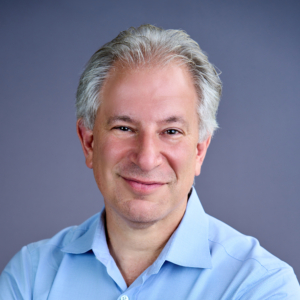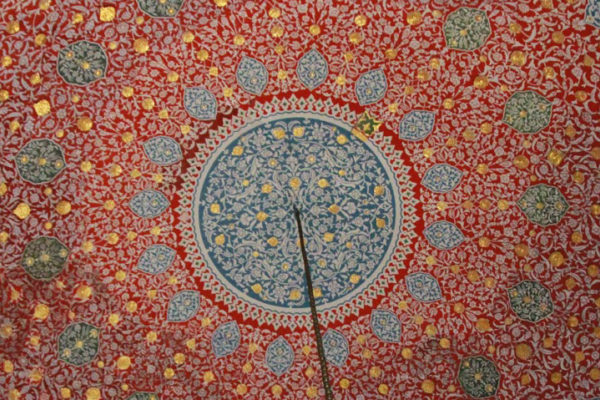
Time is the medium in which we sculpt achievement. The longer the horizon of time across which an individual is capable to conceptualizing a goal and pulling that goal all the way back to effective action in the present moment, the greater the magnitude of that individual’s potential to achieve. Robert Grudin articulates how a lengthening time horizon changes an individual’s world:
Fast drivers can see no further than slow drivers, but they must look further down the road to time their reactions safely. Similarly, people with great projects afoot habitually look further and more clearly into the future than people who are mired in day-to-day concerns. These former control the future because by necessity they must project themselves into it; and the upshot is that, like ambitious settlers, they stake out larger plots and homesteads than the rest of us. They do not easily grow sad or old; they are seldom intimidated by the alarms and confusions of the present because they have something greater of their own, some sense of their large and coherent motion in time, to compare the present with.[i]
The height of our aspirations is what pulls us forward through time. Emerson is among the best exemplars:
Emerson’s heart rose at the prospect of the passive study of scripture. It was his ambition not to annotate but to write one of “those books which collect and embody the wisdom of their times.” Emerson looked on Solomon as a fellow writer, someone to be imitated, not just venerated. The young Emerson singled out in his journal the proverbs of Solomon, and Bacon’s and Montaigne’s essays, and declared, “I should like to add another volume to this valuable work.” Preposterous as this must appear to the orthodox Christian, it made plain sense to Emerson. But, we say incredulously, what it was God who was speaking through Solomon? Well, perhaps he would speak through Emerson also.
It was an aspiration he would claim at age twenty-one only in his private journal, but which he would reclaim, albeit collectively, in the last paragraph of the final essay in his 1850 book Representative Men almost thirty years later. “We too must write Bibles,” he writes at the end of his essay on Goethe. His ambition then, from the start, was as phenomenal as it was unwavering.
We may debate his success, but as his young friend Henry Thoreau noted, “in the long run men hit only what they aim at.”…. Emerson’s immodest – almost indecent – ambition seems both too high and too abstract to be real, or to be believed; but there was always another side to the man, a side where both of his feet are planted in everyday reality, a side of him that often sounds overwhelmed, sometimes desperate, but always determined. A person, he wrote, “must do the work with that faculty he has now. But that faculty is the accumulation of past days. No rival can rival backwards. What you have learned and done is safe and fruitful. Work and learn in evil days, in insulted days, in days of debt and depression and calamity. Fight best in the shade of the cloud of arrows.”[ii]
Working with the faculty one has now involves taming and settling the vast expanses of time implied by great ambitions. Our task in settling time is to form patterns of living that make it natural, even automatic to act now, at this moment, in a way that embodies the essence of our greater purposes and potential. As Annie Dillard writes in her meditation on schedules:
Even when we read physics, we inquire of each least particle, What then shall I do this morning? How we spend our days is, of course, how we spend our lives. What we do with this hour, and that one, is what we are doing. A schedule defends chaos and whim. It is a net for catching days. It is a scaffolding on which a worker can stand and labor with both hands at sections of time. A schedule is a mock-up of reason and order – willed, faked, and so brought into being; it is a peace and a haven set into the wreck of time; it is a lifeboat on which you find yourself, decades later, still living. Each day is the same, so you remember the series afterward as a blurred and powerful pattern. [iii]
[i] Robert Grudin, Time and the Art of Living
[ii] Robert D. Richardson, First We Read, Then We Write: Emerson on the Creative Process, 2 – 3
[iii] Annie Dillard, The Writing Life



